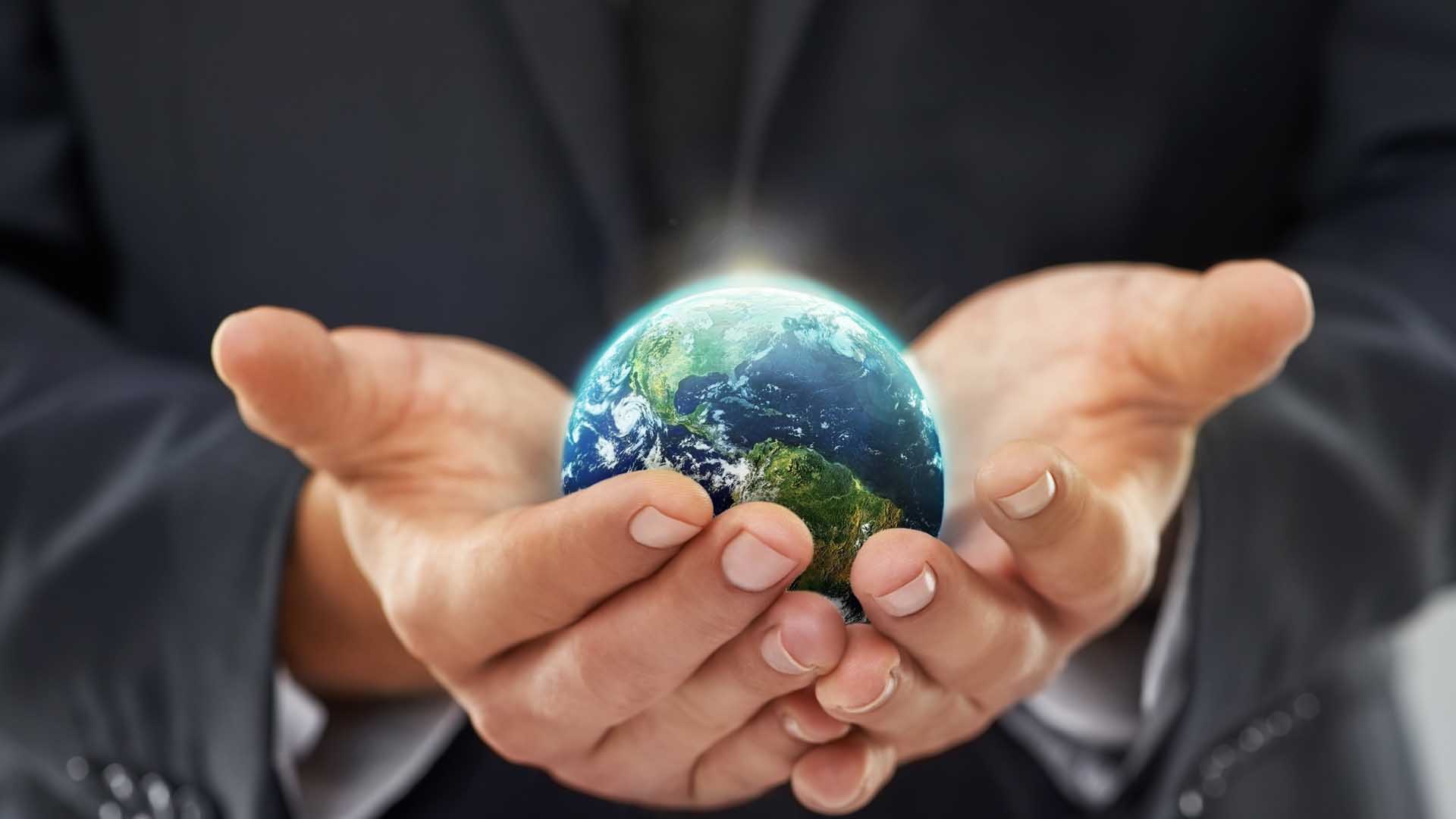Over the last decade, we have seen a growing preference for products made by companies that have built purpose and sustainability into their business model. Some of the world’s most successful and fastest growing companies have adopted care for the environment and a commitment to work to help solve some of society’s most pressing problems so that purpose and sustainability have become hallmarks of successful and respected businesses.
Research shows that consumers are willing to change their consumption habits to lessen their negative impact on the environment. In fact, millennials and Gen Z are especially willing to pay more for products that contain sustainable ingredients or products that have social responsibility claims.
Harvard Business School Professor Rebecca Henderson explains it simply in her online course on Sustainable Business Strategy: “Doing well and doing good are intertwined, and successful business strategies include both”.
Being able to communicate that your company does good in the world is a competitive advantage that attracts and retains employees, helps protect against issues, and creates trust so that people will choose your services and your products over others again and again.
Epson had the foresight to create a company built on purpose from its early years as a watch manufacturer in the 1940’s. Guided by the keywords “integrity and effort”, and inspired by the character of Epson’s founder Hisao Yamazaki, the drive to innovate, the creativeness and willingness to take on challenges, and a strong commitment to both local and global environmental preservation took root throughout the growing organization. Beginning with a pledge to keep Lake Suwa in the Nagano prefecture clean, Epson later became the first company in the world to declare that it would eliminate ozone-depleting CFC’s from its operations, which it did across the group in 1993. Epson joined the United Nations Global Compact in 2004, and later declared a commitment to contribute to the U.N. Sustainable Development Goals (SDGs).
Products designed to be better for the environment
Across the business today, Epson continues to leverage on its efficient, compact, and precise technologies to drive innovations that will make the world a better place. In fact, the company has taken their commitment to sustainability one step further to ensure that each new generation of core products are ever better for the environment.
From conception to completion across the complete product range, products are designed to be more eco-friendly by eliminating hazardous substances. You will see this in the ‘heat-free technology’ employed by Epson printers to eliminate heat from the printing process, thus consuming far less electricity compared to laser printers. You will also see this in high-capacity ink tanks which significantly reduce environmental impact while boosting operational efficiency.
“We are committed to transform the way businesses work and drive the circular economy,” explains Siew Jin Kiat, Epson SEA Senior Director for Regional Marketing. “Within the office space, we designed our inkjet printing products to offer more cost-efficient printing that is better for the environment. Our printers today offer one-tenth average printing costs, use one-eighth the average power consumption and can print 100 pages a minute. In the future, we will be able to provide an office-based paper recycling loop using our water-free dry fiber technology that can make new paper from used copy paper on the spot.” Epson’s revolutionary Paper Lab is the first office-based papermaking system that will shrink the office’s environmental footprint by repurposing used paper and using 60% less water in the process.
On the shop floor, products developed by Epson teams based on customer feedback are enabling better productivity, efficiency, and lower environmental impact. Epson’s reliable robotics solutions are automating processes in labor-intensive industries to enable employees to leave behind harsh working conditions and long hours. Piezoelectric inkjet systems in digital textile printers are also driving a technology shift from analog, help textile manufacturers cut waste material by up to 95%, enable faster turnaround and the flexibility to run short-run jobs on a wide range of material.
Purpose in the way teams work and the activities that we embark on
This desire to make the world a better place is embraced and evident in the Epson work ethic which embraces the desire to build purpose and sustainability “into the details” of innovation and the “everyday”. Nowhere is this more evident than in Epson’s new office and solution centers where its own products are used to support a hybrid workplace while reducing power consumption, waste and caring for the environment. Workspaces are designed to be more energy efficient with layouts that allow resources to be better shared, enabling collaboration across teams that produce their best work.
Wherever they are in the world, Epson teams work to make significant contributions to global corporate climate change and social issues advocates championing human rights, environmental action, workforce diversity, and sustainable sourcing in supply chain management. In Indonesia, for example, Epson launched an initiative that encouraged young students to take the lead in managing waste through the ‘3 R’s’: reduce, reuse, recycle. In the Philippines, partnered with the Rotaract Club’s ‘Juan Bottle at a Time’ project, Epson shared the basics of proper waste management and eco-brick making with the youth community of Santa Ana, Manila. The Philippine office also partnered with the local Department of Environment and Natural Resources and its youth arm, GREENducation Philippines, for a film competition that aimed to raise public awareness on environmentalism. In Thailand, Epson worked with the Better Thailand Foundation, to encourage underprivileged and disabled children to find self-appreciation through art.
Says Siew Jin Kiat: “Our mission is to build stakeholder trust as we grow and prosper with communities and to help create a better world. Aligned with our vision of a sustainable future, we are dedicated to laying the groundwork for a low-carbon society and will journey to keep educating the public and engaging the youth for longer lasting impact.”







